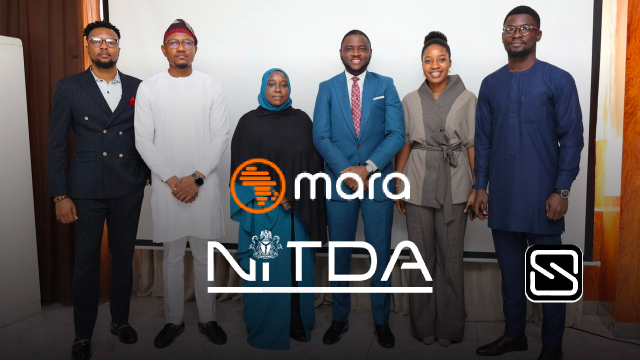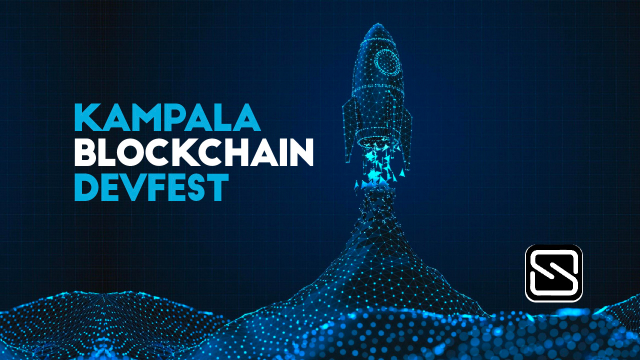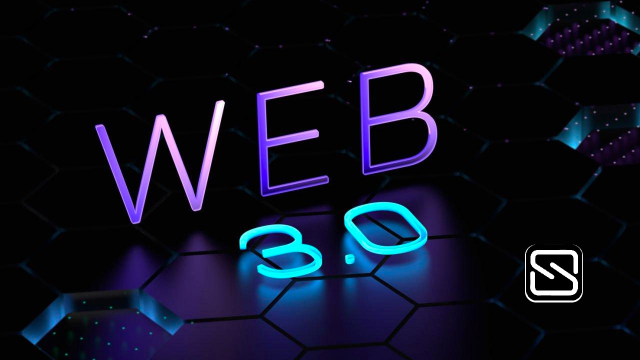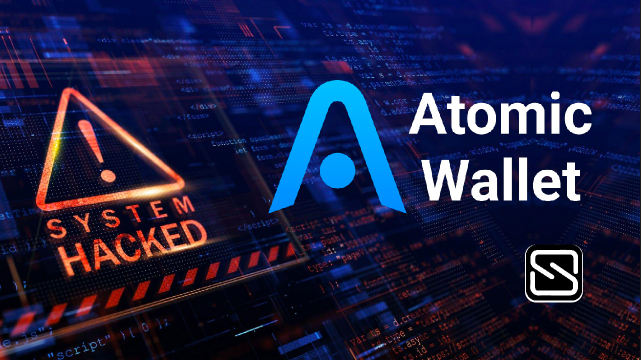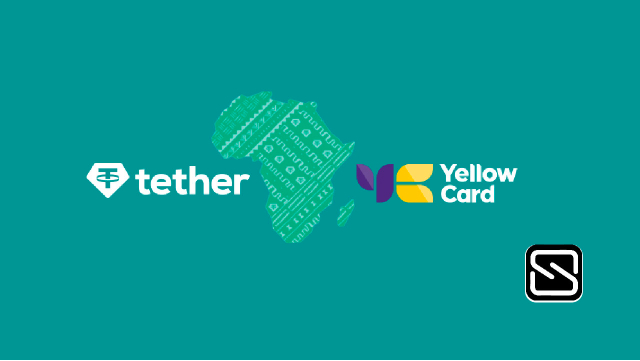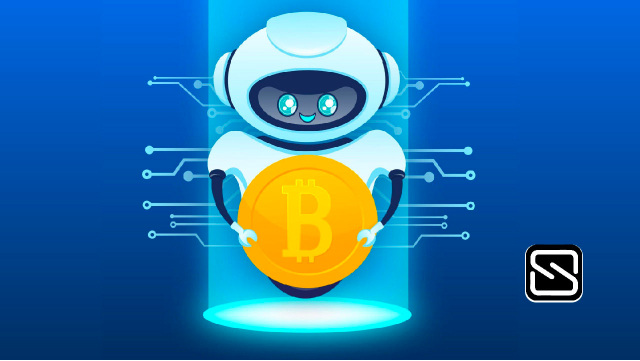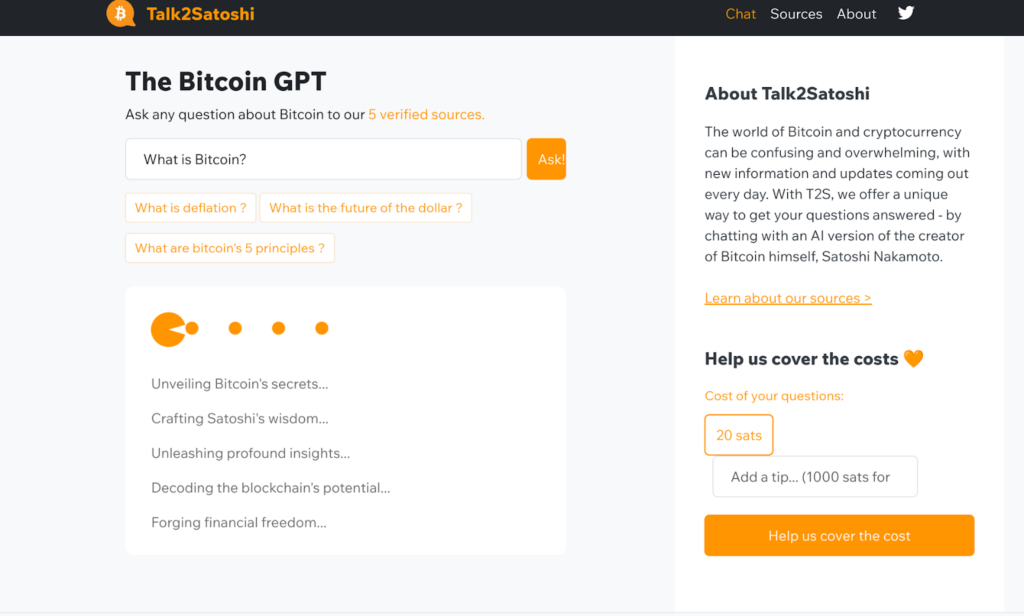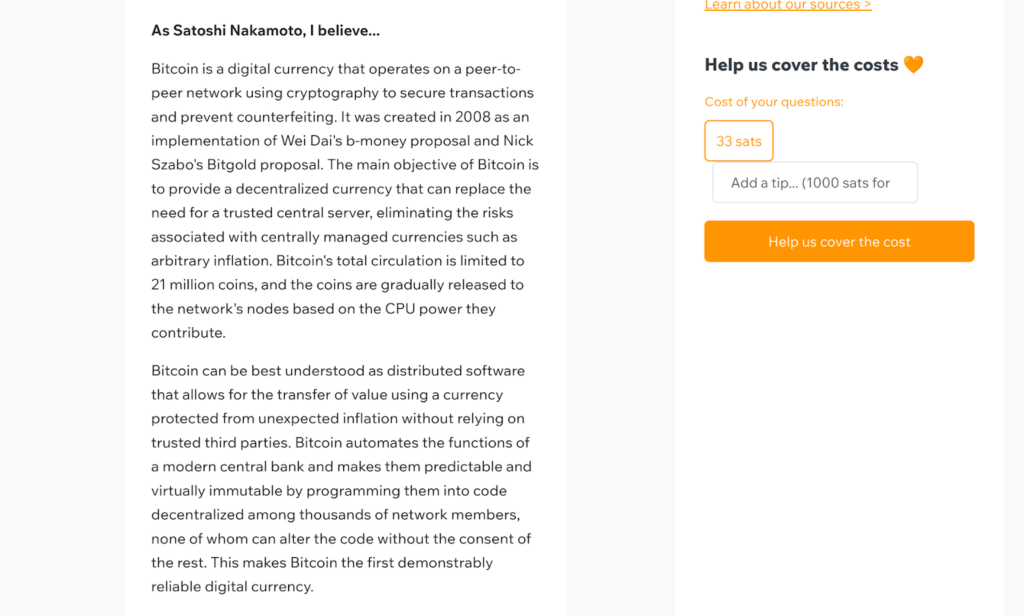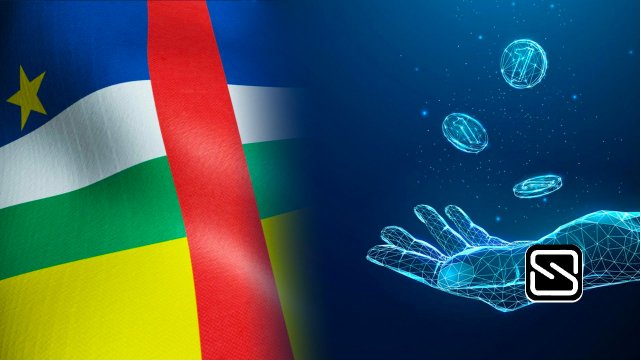Leading blockchain-based technology firm, Mara has announced a partnership with Nigeria’s National Information Technology Development Agency (NITDA) and Circle. The partnership seeks to equip and inform Nigeria’s workforce on the intricacies of blockchain technology.
In their press announcement, the blockchain firm stated, “We are excited to announce our initiative aimed at training 500,000 government employees on the intricacies of blockchain technology in partnership with the National Information Technology Development Agency (NITDA) and Circle, the creator of USDC and Euro Coin.”
The collaboration also seeks to equip Nigeria’s workforce with knowledge necessary to energize the workforce, drive innovation and foster economic growth in the digital age.
According to Mara, this initiative will be implemented through its foundation, Mara Foundation.
Mara has also revealed on its site that the first training session took place in Abuja on June 1, 2023, marking a significant milestone in this collaborative effort. According to the blockchain firm, managers from NITDA participated in the session, which focused on the role of blockchain technology in building Nigeria’s digital economy.
“The objective of the training was to bridge knowledge and capacity gaps within NITDA, enabling a deeper understanding of the potential benefits of blockchain technology and its policy implementation in Nigeria’s digital economy. The session emphasized the importance of blockchain in enhancing efficiency, transparency, and security while underscoring NITDA’s pivotal role in regulating and promoting its adoption,” the company noted.
Aishatu Yahaya Umar, Deputy Manager of the Software Unit in the IT Infrastructure Solutions Department at NITDA, expressed gratitude for the training session saying, “Mara, as one of the blockchain stakeholders in Nigeria, through this initiative has proven to be a great supporter of driving the Nigeria digital economy agenda and we at NITDA are excited to be partners and beneficiaries of their laudable initiatives. We are convinced that by collaborating with government and other stakeholders within the space, the full adoption of blockchain technology in Nigeria is not far-fetched.”
Chi Nnadi, co-founder and CEO of Mara also further commented, “Blockchain has the potential to revolutionize various sectors in Africa and by equipping government workers with this transformative technology, we are laying the foundation for a more effective and inclusive government system, better regulations, and improved economy.”
According to Mara, this collaboration seeks to create a solid foundation for the widespread adoption of blockchain technology in Nigeria and around the continent.
“By training 500,000 government employees, the initiative seeks to propel Nigeria into a leading position in the digital economy and inspire other African nations to follow suit,” the blockchain firm concluded.
